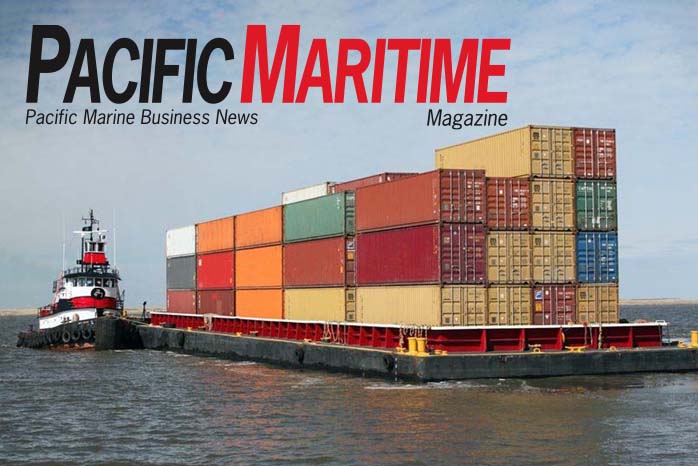The Port of Seattle has agreed to participate in a joint study with King County, Washington for the potential for converting municipal solid waste into renewable fuels. Each party has allocated up to $250,000 to pursue the technological and economic analysis by early 2023.
The study could help the region find other uses for its waste stream while charting a course to significantly reducing emissions from aviation and other hard-to-decarbonize fuels, according to the port, which added that work will also help support economic development of the clean energy sector in the Seattle region.
The technology and chemical process to convert municipal solid waste to renewable fuels including both renewable diesel and sustainable aviation fuel is rapidly developing and continuing to evolve in production facilities around the United States and world.
The study’s focus is technological and economic factors for producing the fuel in the region.
“Previous analysis for the Port by Washington State University identified municipal solid waste as the most promising potential source of a locally produced, sustainable fuel,” Port of Seattle Commission President Fred Felleman. “No matter what the study shows, just beginning this work with King County moves us closer to the economic and environmental benefits of becoming a zero-carbon port.”
“Partnerships like this one with the Port of Seattle allow us to explore inventive solutions to complex challenges, protecting our environment and supporting the region’s economic development,” King County Executive Dow Constantine added.
The port have county have said that the study will look at the potential for sustainable aviation fuel for Seattle-Tacoma International Airport, which the Port of Seattle manages.

